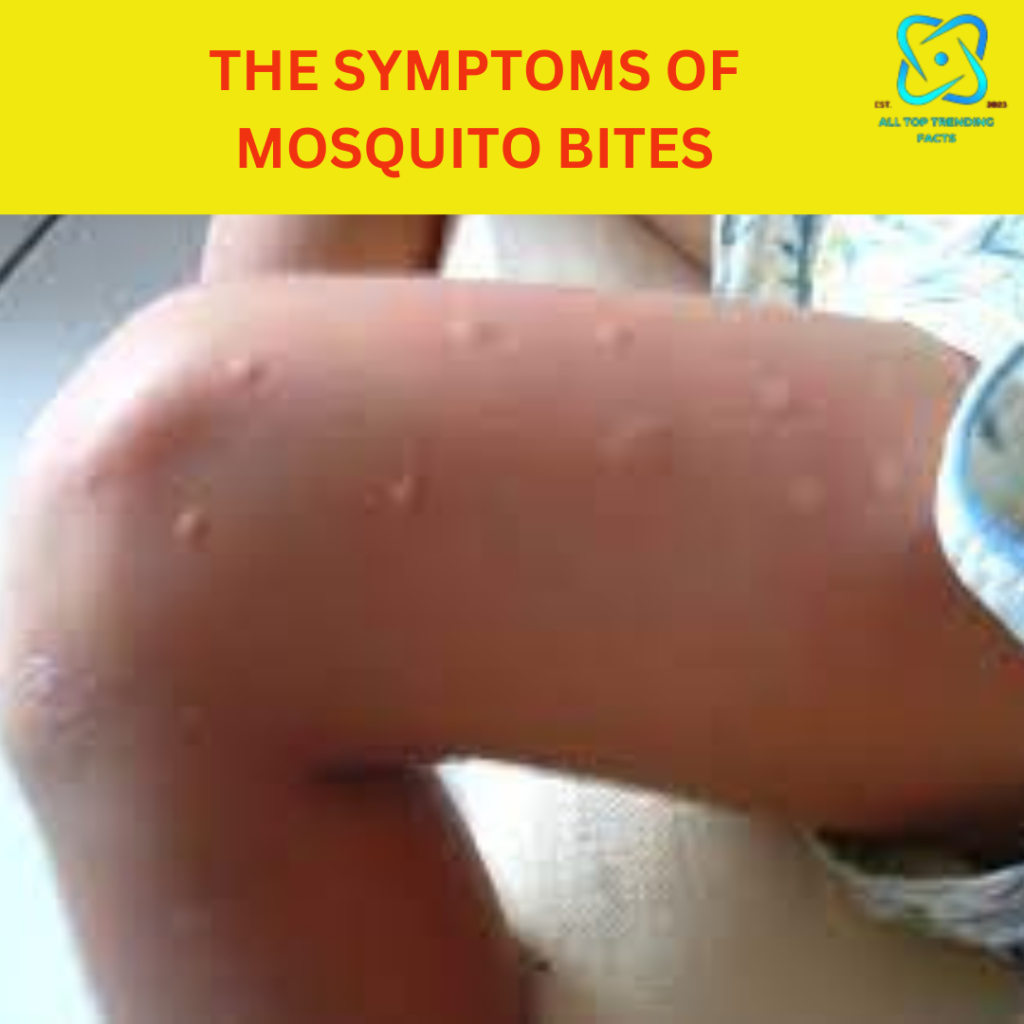
Aedes albopictus mosquitoes entered the United States through the used tyre trade in the 1970s and 1980s. Asian tiger mosquitoes, another name for these stowaway insects, are known to transmit viruses that cause dengue, Zika, and chikungunya. They soon adjusted to living in American cities in the south, east, and west.
Since then, the world has seen an increase in the spread of insects and the diseases they transmit because of globalization and climate change.
International public health experts cautioned that nations like the United States are unprepared for this impending threat during a two-day symposium this week at the National Academies of Science, Engineering, and Medicine in Washington, D.C.
“It’s going to get worse if we don’t do anything, which is basically what we’re doing right now,” medical entomologist and UC Davis professor emeritus Tom Scott stated at the session. “It is unacceptable to let inaction cause such immense harm. It’s not morally right.”
The workshop’s main topic was arboviral risks, or viruses that can infect humans and are carried by mosquitoes and ticks.
Tropical illnesses that were formerly thought to be quite far away from the United States are now present. This year there have been cases of locally transmitted malaria and a tropical parasite-related skin disease in the United States. In 2016–2017, there was a Zika outbreak in Florida and Texas, and for more than ten years, dengue has been yearly spreading throughout the United States.

HEALTH
In the US, a skin condition brought on by sand flies is becoming more common.
Researchers that study tropical diseases have long recognised the symptoms.
“What is happening in other countries is not given enough attention in the United States. The workshop attendees were addressed by Laura Kramer, the director of the Arbovirus Laboratory at the State University of New York in Albany. “We just kind of watch it spread and we don’t prepare ourselves for that virus potentially coming to the U.S.” “That happened with Zika, chikungunya and West Nile.”
Countries like the United States should be ready for the increased likelihood of tropical diseases, according to workshop researchers. Certain tropical illnesses and insects are spreading their range due to global warming.

However, the U.S. is no longer as good at tracking insects. Erin Staples, a medical epidemiologist at the Centres for Disease Decrease and Prevention, stated during the workshop that in 1927, each state had its own entomologist working to decrease bug populations and malaria.
“Where are we in 2022 right now? There are sixteen state entomologists on staff. This implies that the country has limited capacity to track viruses such as West Nile. “We’re not getting great information because we haven’t maintained our infrastructure,” Staples stated.
And thus, what ought the United States to do?
According to public health experts, Singapore exemplifies effective mosquito control measures. The nation has reduced the population of mosquitoes, which are carriers of illnesses like dengue and Zika, by sanitizing urban areas and instilling healthy habits in children at an early age. “My four-year-old daughter, who learned about vector control in kindergarten, will come home and tell me about it,” stated Lee-Ching Ng, who works for the Environmental Health Institute of the Singapore government.
Singapore also has a large, costly surveillance program that monitors dengue cases by neighborhood and notifies residents by phone when the number of cases is high. Furthermore, keeping mosquito breeding grounds at home can get Singaporean citizens fined or imprisoned. The head of the NGO EcoHealth Alliance, Peter Daszak, called Singapore’s strategy “the carrot and the stick.”
“There is a willingness to [take action in Singapore,] and they’ve done it and it works,” he stated. However, he noted that in other nations, like the United States, “where we’re seeing pushback after COVID against all forms of intervention to people’s personal freedom,” such a strategy might not be successful.
There are presently vaccines available to combat some of these diseases, so those could be effective additional instruments. as well as creating mosquito-proof city designs.

“Hello Everyone” Myself Joydip DN, and I Live in Sylhet And I am a Seasoned Digital Marketer, Accomplished Content Writer, Experienced Blogger And Combines A Wealth of Experience In Online Marketing Trained From Freelancer Lab Academy, With A Strong Linguistic Proficiency, Evident In My Impressive IELTS Band Score. Holding An, MBA With A Major In Management Information System(MIS) From Leading University. I Am(Joydip) Seamlessly Integrates Strategic Business Insights With Technological Acumen To Deliver Organic And Impactful And Results-Driven Content In The Dynamic Digital Landscape.”






